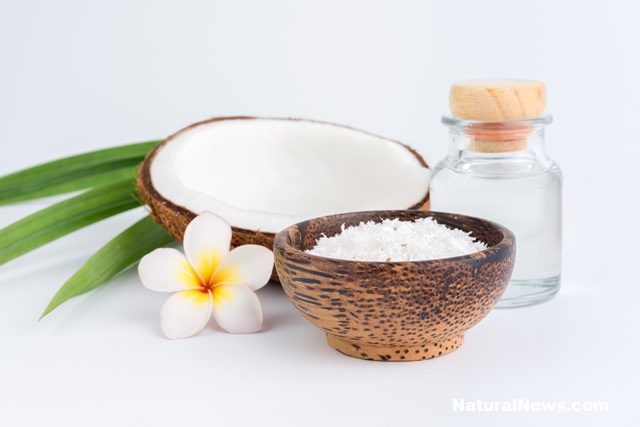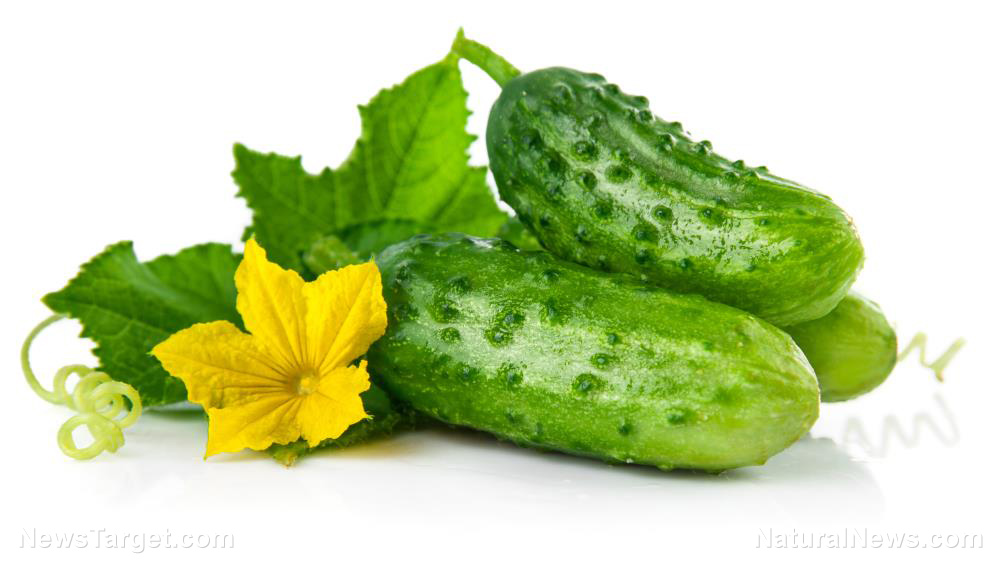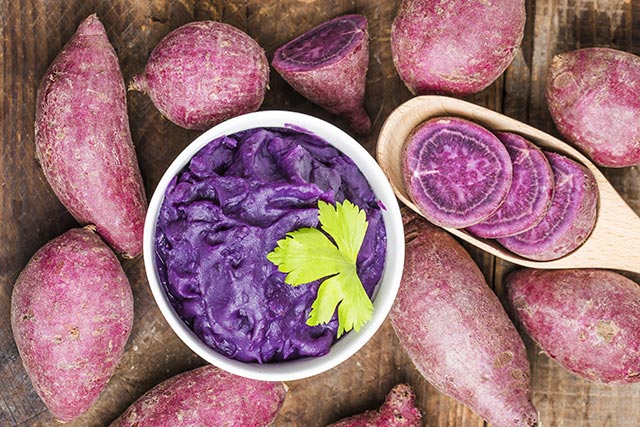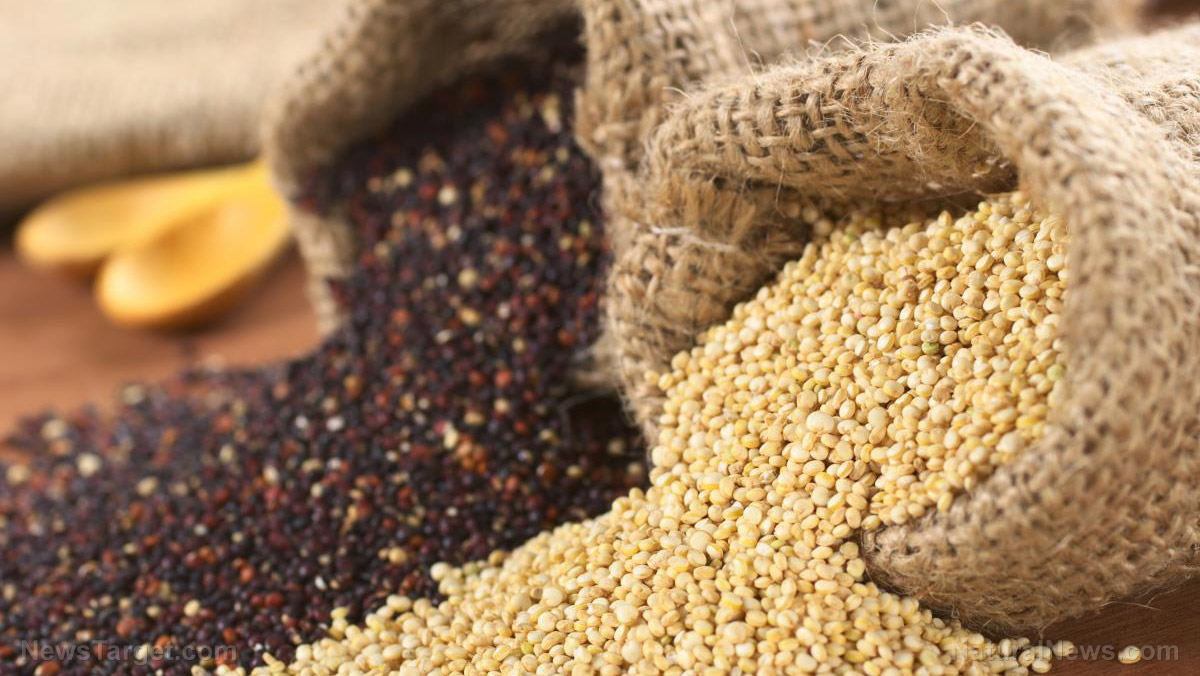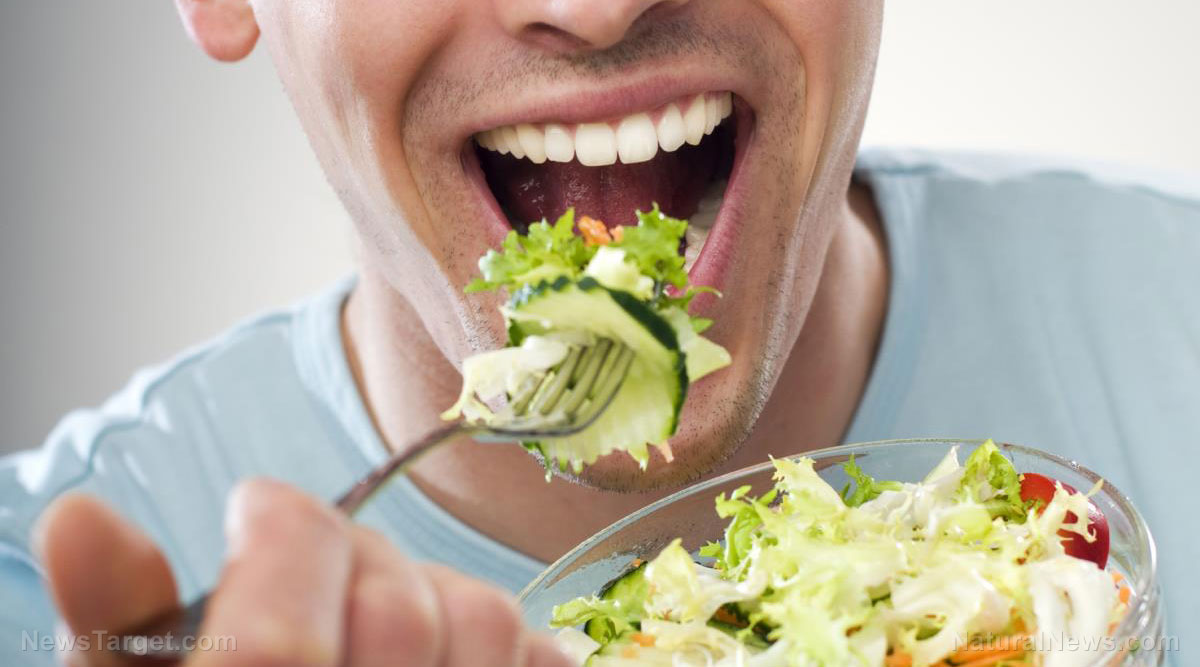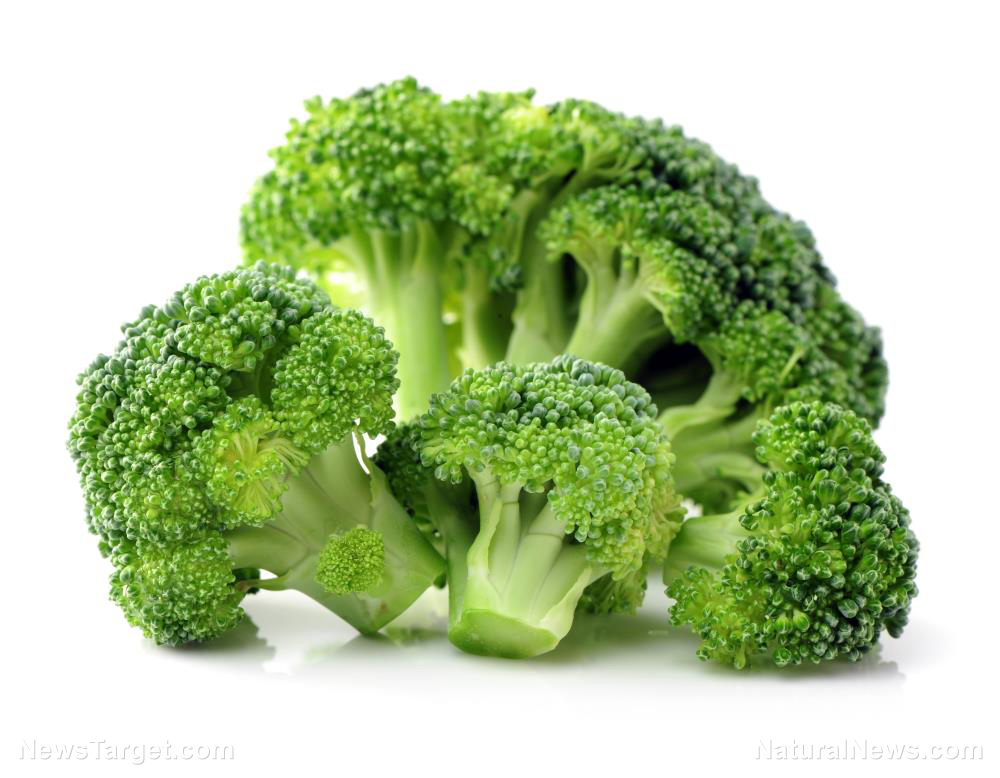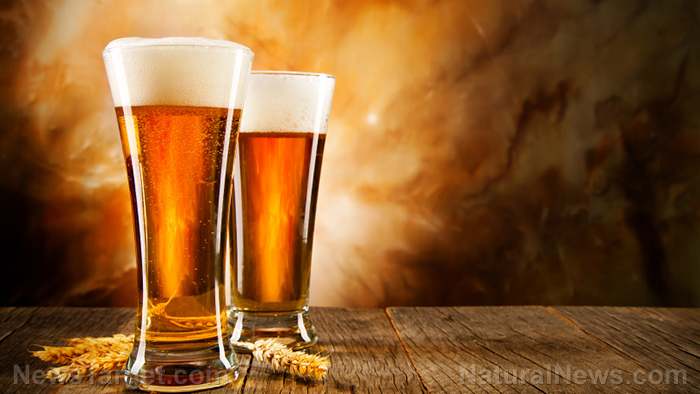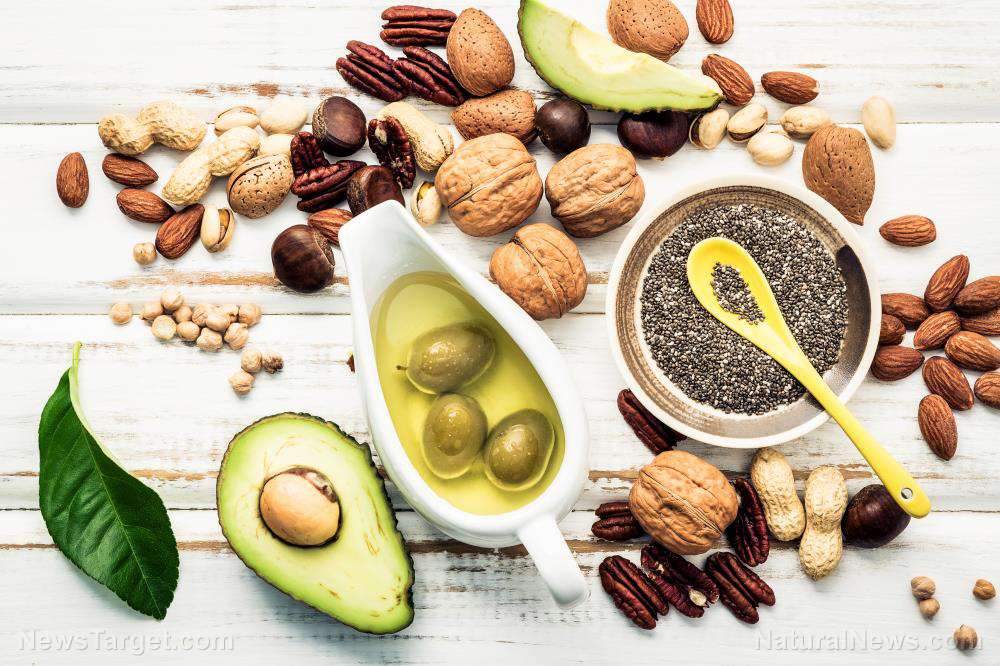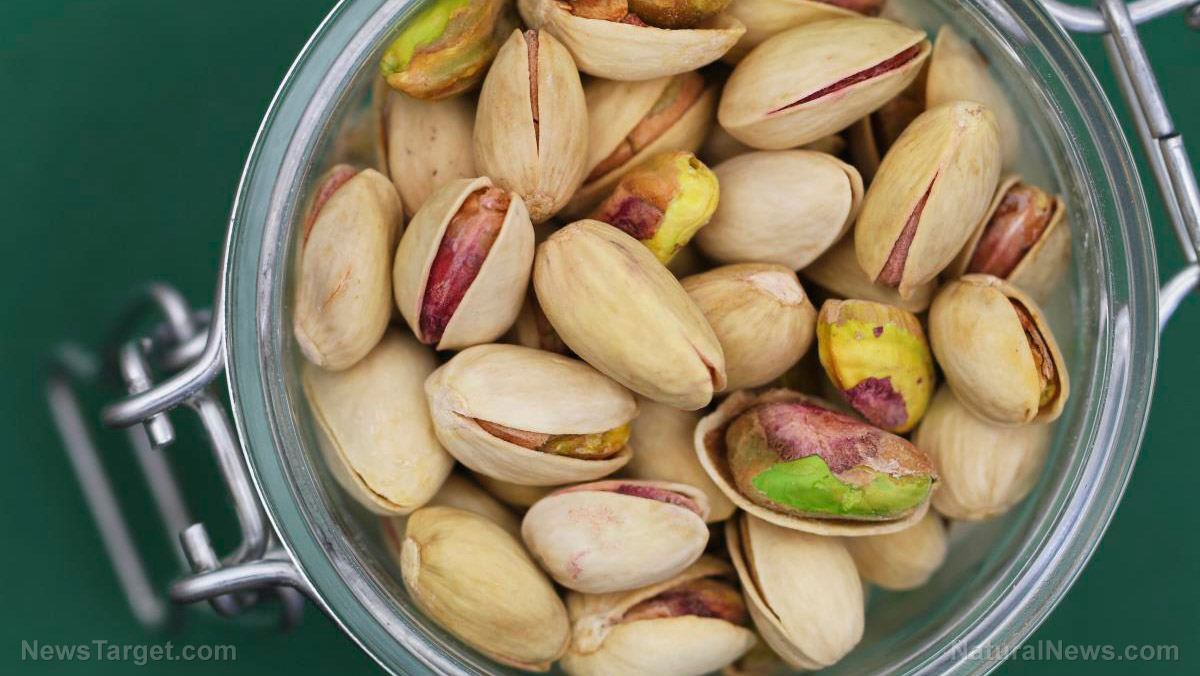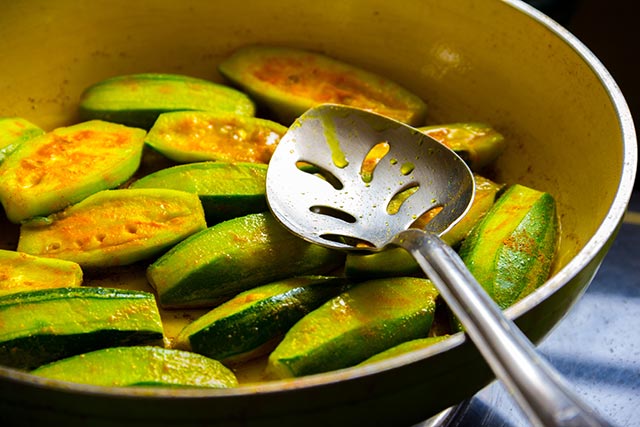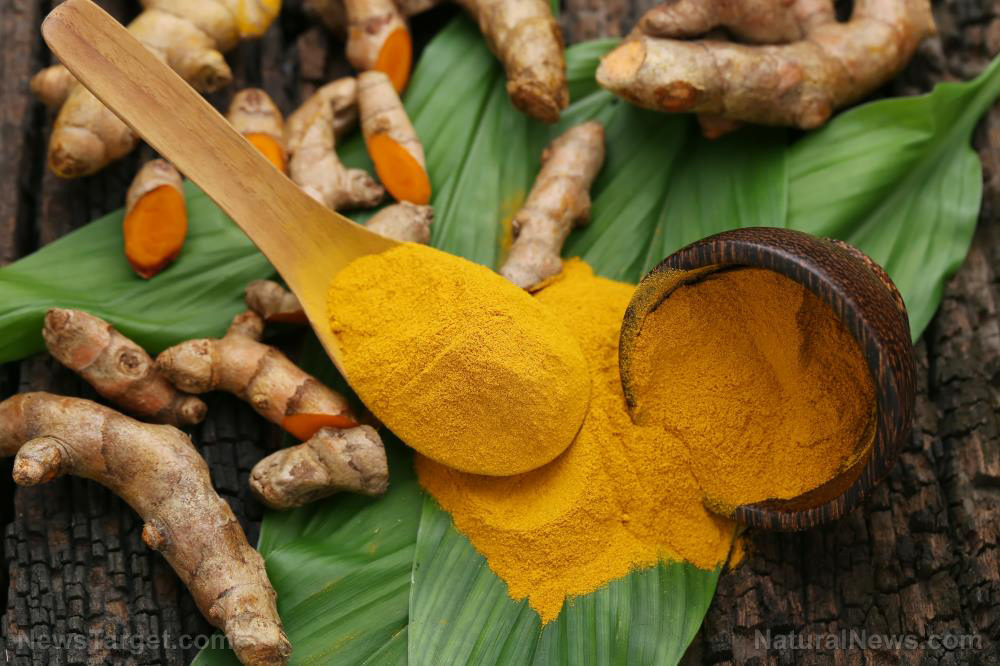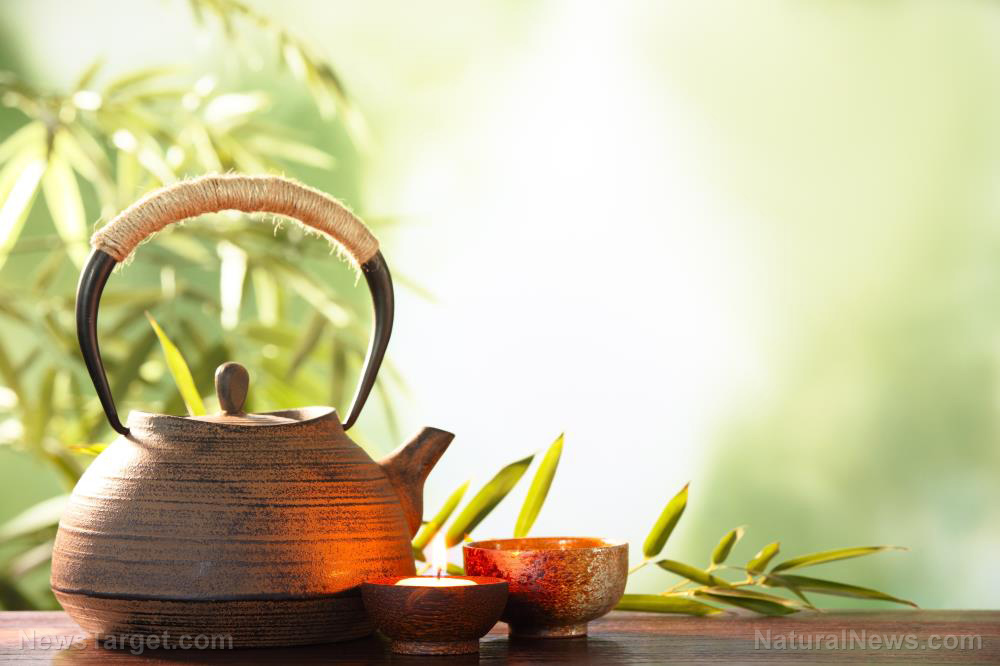Eat maoberries for a healthy heart
04/15/2019 / By Michelle Simmons
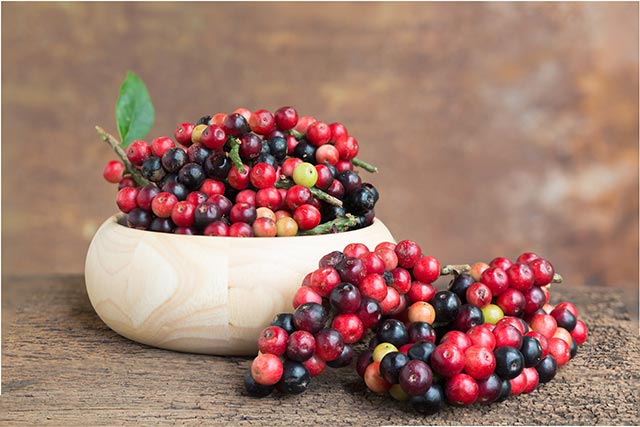
Cardiovascular disease leading to heart failure is the leading cause of death around the world. Many studies have shown that consuming foods high in cholesterol, which promotes inflammation and oxidative stress, can contribute to the development of these diseases. A new study suggests that eating maoberry (Antidesma bunius) can help prevent cardiovascular diseases because of its powerful antioxidant and anti-inflammatory properties.
For the study, a team of researchers at Mahidol University in Thailand sought to determine the effects of maoberry on oxidative stress and inflammation in cardiac tissues of rats with high cholesterol levels — which damages the heart. It is believed that preventing or reducing the progression of heart tissue deterioration could help in cardiovascular diseases.
In conducting the study, the research team fed rats with a high-fat diet to increase their cholesterol levels. Then, they gave them either a maoberry extract at doses of 0.38, 0.76 or 1.52 grams per kilogram (g/kg) or 10 milligrams per kilogram (mg/kg) of simvastatin (a lipid-lowering drug) every day for 12 weeks.
Based on their analysis, the treatment with maoberry extract resulted in a significant reduction in oxidative stress, as well as an enhanced antioxidant capacity in the heart tissue of the rats. In addition, the treatment dramatically improved the expressions of genes involved with inflammation, such as tumor necrosis factor-alpha (TNF-alpha), interleukin-6 (IL-6), vascular cell adhesion molecule-1 (VCAM-1), monocyte chemoattractant protein-1 (MCP-1), and endothelial nitric oxide synthase (eNOS).
Overall, the findings of the study suggest that maoberry extract may be used as a natural, alternative treatment for cardiovascular disease because of its ability to reduce oxidative stress and fight inflammation. These findings were published in the journal BMC Complementary and Alternative Medicine.
Things you need to know about maoberry
Maoberry is an antioxidant-rich fruit commonly found in Southeast Asia and South Asia. It is known in various names, such as bignay, Chinese laurel, blackcurrant tree, and salamander tree to name a few. Various parts of this plant, such as root, bark, leaves, and fruits, offer many health benefits. Some of the benefits you can get from the maoberry plant include the following.
- Provides nutrients: The fruit of this plant contains provitamin A, vitamins B1 and C, iron, minerals, fiber, potassium, and phosphorus – all of which are good for the health.
- Improves colon health: Drinking tea made from maoberry can help cleanse your colon. Maoberry tea can eliminate toxins from the body due to its natural detoxifying properties. This can also aid in digestion, preventing bloating and abnormal cramps.
- Aids in weight loss: Maoberry is low in fat and rich in fiber, making it a great addition to your weight loss diet. Its fiber can help suppress your appetite.
- Prevents diseases: Maoberry fruit exhibits antioxidant activity because of the polyphenols such as catechins that it contains. Because of this, it can help fight free radicals in the body. In turn, this can help in the prevention of various diseases, such as cancer, as well as premature aging.
- Rejuvenates the skin: Maoberry contains high amounts of vitamin C and vitamin E. These vitamins nourish and rejuvenate the skin, as well as remove dead skin cells, providing a smoother, glowing, and toned skin. The anti-inflammatory properties of maoberry also help treat skin problems, such as boils, acne, and mosquito bites.
- Helps in diabetes management: Maoberry has also been found to be a potential herbal treatment for diabetes. A study published in the Journal of Applied Pharmaceutical Science found that it can lower blood sugar levels, mainly due to its compounds tannins and indoles. (Related: Tannins from the miracle tree, a hybrid of the mimosa tree, found to be an effective treatment for many chronic diseases, including cancer.)
ReverseHeartDisease.news has more articles and studies on protecting your heart.
Sources include:
JAPSOnline.com [PDF]
Tagged Under: alternative medicine, anti-inflammatory, antioxidants, cardiovascular disease, food cures, food is medicine, heart disease, heart health, herbal medicine, Herbs, maoberries, natural cures, natural medicine, prevention, remedies

